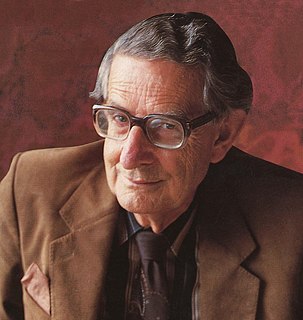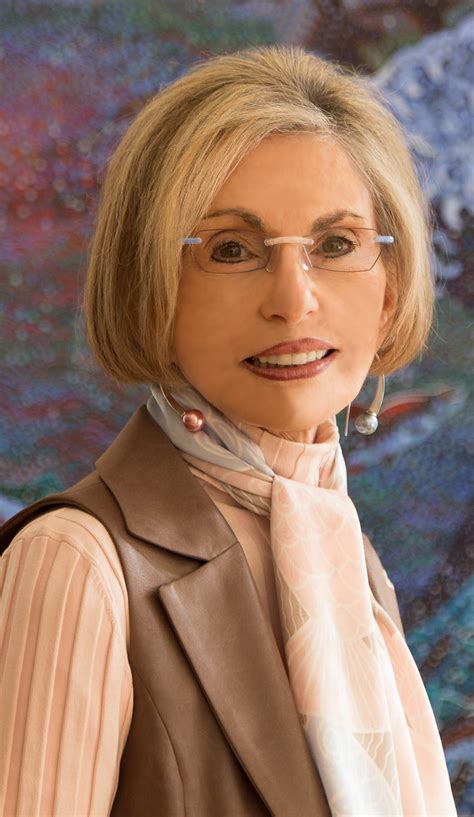A Quote by Albert Ellis
I think the future of psychotherapy and psychology is in the school system. We need to teach every child how to rarely seriously disturb himself or herself and how to overcome disturbance when it occurs. In that sense, psychotherapy belongs in the schools.
Related Quotes
Psychotherapy makes every problem a subjective, inner problem. And that's not where the problems come from. They come from the environment, the cities, the economy, the racism. They come from architecture, school systems, capitalism, exploitation. They come from many places that psychotherapy does not address. Psychotherapy theory turns it all on you: you are the one who is wrong.
Psychedelics are extraordinary tools, when used with psychotherapy, because in one day you can let go of so much, and have insight into so much. Sometimes more than in a year of traditional psychotherapy. I think they should be used in psychotherapy. But I don't know who should be entrusted with the toolbox - priests or psychiatrists? That is the difficulty.
We need to make sure that every child in America goes to a school every day that is safe, will teach them how to read and write, do arithmetic and gain the computer skills necessary to allow them to compete in the global marketplace. If we can get that through the public schools, fine. If we can't, I'm all for parental choice in education to allow that parent to take his/her/their child to a school that is safe and teaches them, even if it is a faith-based school!
No pill can help me deal with the problem of not wanting to take pills; likewise, no amount of psychotherapy alone can prevent my manias and depressions. I need both. It is an odd thing, owing life to pills, one's own quirks and tenacities, and this unique, strange, and ultimately profound relationship called psychotherapy
I've been making a list of the things they don't teach you at school. They don't teach you how to love somebody. They don't teach you how to be famous. They don't teach you how to be rich or how to be poor. They don't teach you how to walk away from someone you don't love any longer. They don't teach you how to know what's going on in someone else's mind. They don't teach you what to say to someone who's dying. They don't teach you anything worth knowing.
I think we're coming into a time where it has to do with how you stand in relationship to your own world within and in relationship to those around you in the world without. And I believe these are the things that we need to put into our schools, education, into our psychotherapy and into our culture more, finding a way to not be so harsh and judgmental, so objectifying and dehumanizing, constantly focused within and trying to get these difficult thoughts and feelings to go away.
Not every child learns for the same purpose, not every child thrives in the same settings and schools. Limiting a child to just one opportunity does nothing more than limit that child's future. The way forward must involve more public charter schools, which offer parents a tuition-free alternative to their neighborhood school.
I did one year of school and I was doing correspondence school, which was actually another happy accident. Correspondence school is basically home school, but you teach yourself instead of your parents teaching you. I found that to be one of the most important things in my life is that I learned how to teach myself things. I feel like that's something that schools should actually teach.
Ever since I was a child I've had a passion for colors and a sixth sense and known how to use it. I started in fashion, but I got side-tracked by psychology and its color connection. I went back to school and got both my degrees in psychology, but I kept studying design. Color has an application in all of those fields.
When I was in Wuhan, I went to the art school, which was one of the most important art schools in China, an enormous art school. One of the things that I saw is that the schools are very big and there are so many students. It is very difficult to me to teach creative activity to great numbers of people, because I think you need personal contact with students, you need to speak individually, you need individual contact between teachers and students, you need continuity. To me this is a problem in mass education in every society now.
One strand of psychotherapy is certainly to help relieve suffering, which is a genuine medical concern. If someone is bleeding, you want to stop the bleeding. Another medical aspect is the treatment of chronic complaints that are disabling in some way. And many of our troubles are chronic. Life is chronic. So there is a reasonable, sensible, medical side to psychotherapy.



































